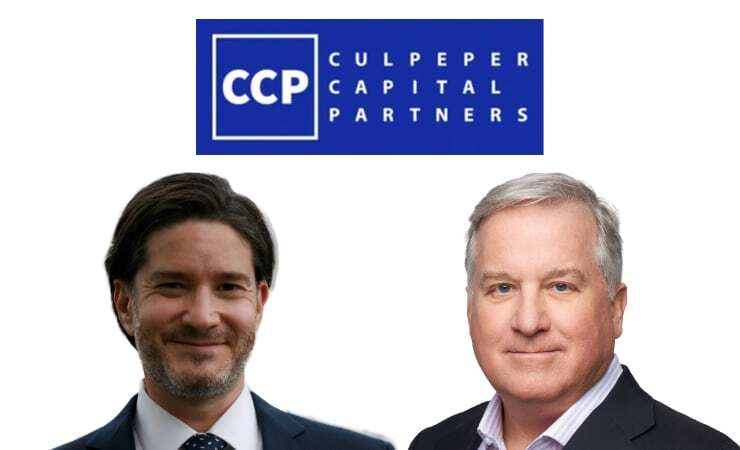They don’t call her the “velvet hammer” for nothing.
Twitter’s new CEO Linda Yaccarino isn’t wasting time whipping the company into shape having taken on the top job from owner Elon Musk in June.
Yaccarino, a former NBCUniversal executive, has laid out her plan to tempt advertisers back to the company after revenue slumped 59% in the past 12 months, according to recent calculations from the New York Times.
According to three sources close to the San Francisco-based company, the new boss said she wants to meet with celebrities, political figures and talent agencies to get them to return to the platform.
Her hope, the sources told the Financial Times, is that this will tempt advertisers back seeking sponsorship and content deals with the big names on the site with Twitter brokering the conversations.
And in a sales call with staff Yaccarino told her employees to get ready to roll up their sleeves and shake some hands. A source told the Financial Times Yaccarino said bringing advertisers back on board would have to be done in-person as opposed to from behind a desk.
It’s what she called “hand-to-hand” combat, which may spell an end to the period of mystery shrouding the business after it’s communications team was reportedly dismissed and a raft of high-profile names departed.
Sources added that 59-year-old Yaccarino also wants to launch a new method of advertising: full-screen, sound-on videos which would be shown to users who are scrolling through the platform’s short video feed.
While the TikTok-like feed isn’t a new concept—it was launched back in September last year—it is meant to showcase “the most engaging ways people can express themselves online.”
Reportedly in its beta stages of testing, the launch comes as part of Twitter’s wider focus on video which includes the introduction of two-hour long videos for paying users launched earlier this year.
Twitter did not immediately respond to Fortune’s request for comment.
The plan being rolled out less than a month into Yaccarino’s tenure is among the reasons she earned the nickname “velvet hammer”, with the Wall Street Journal reporting she landed her major deals in her previous role because of her hard-nosed negotiating tactics.
Why the advertisers fled
Yaccarino’s plan will be welcome news for Twitter’s accountants, with investment experts Fidelity valuing the company at a third of the $44 billion—including $33.5 billion in equity—Musk paid for it in October last year.
Since then the company has been dogged with problems, from content moderation to mass layoffs.
Advertisers were spooked by incidents including Musk banning journalists from the platform, firing content moderators who track hate, and having an explosive argument with a disabled former member of staff—as well as Musk’s own controversial tweets.
The Tesla CEO further spooked advertisers by threatening to tweet a “thermonuclear name & shame” of brands who had left the brand. It might have taken him a while, with major brands including General Motors, United Airlines, General Mills and others temporarily halting buying ads on the platform.
Musk did call out Apple’s Tim Cook after the brand pulled its money out of advertising on Twitter, with Musk asking the fellow tech titan “What’s going on here?”. A month later, in December last year, Musk claimed Apple had returned to the platform following a meeting between the CEOs.
Lou Paskalis, longtime marketing and media executive and former Bank of America head of global media, told Fortune at the height of Twitter’s tumult last November that he “didn’t know what marketer wants to go near [Twitter].”
Yaccarino vs Musk
Yaccarino clearly isn’t afraid of her new employer—she’s pushed him hard before on the need for there to be space for advertisers to “influence” the way Twitter is being developed.
In April, during the “Twitter 2.0: From Conversations to Partnerships” keynote at the Possible conference, Yaccarino told Musk she had to “push him” on behalf of advertisers who were holding back after having been faced with the “challenge” of Musk’s controversial “points of view”.
After Musk blamed the media, Yaccarino asked the SpaceX founder if he should be held to a higher standard with his tweeting, noting, “a lot of people think you might be too provocative.”
She went on to say there needs to be an opportunity for advertisers to “influence what you’re building [at Twitter]” before pressing further: “I wanna be specific about influence. It’s more an open feedback loop for the advertising experts in this room to help develop Twitter into a place where they will be excited about investing more money: product development, ad safety, content moderation. That’s what the influence is.”



































